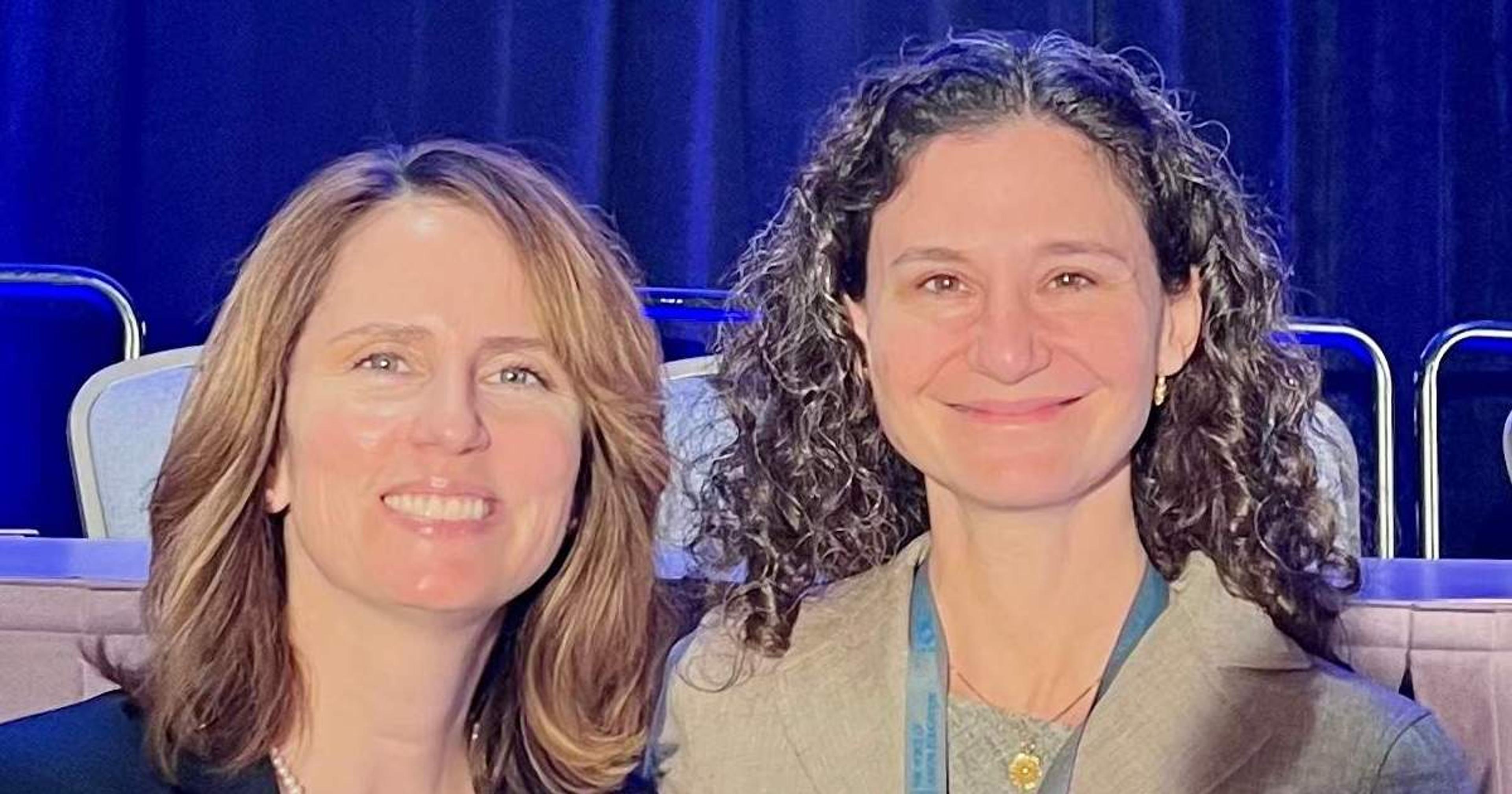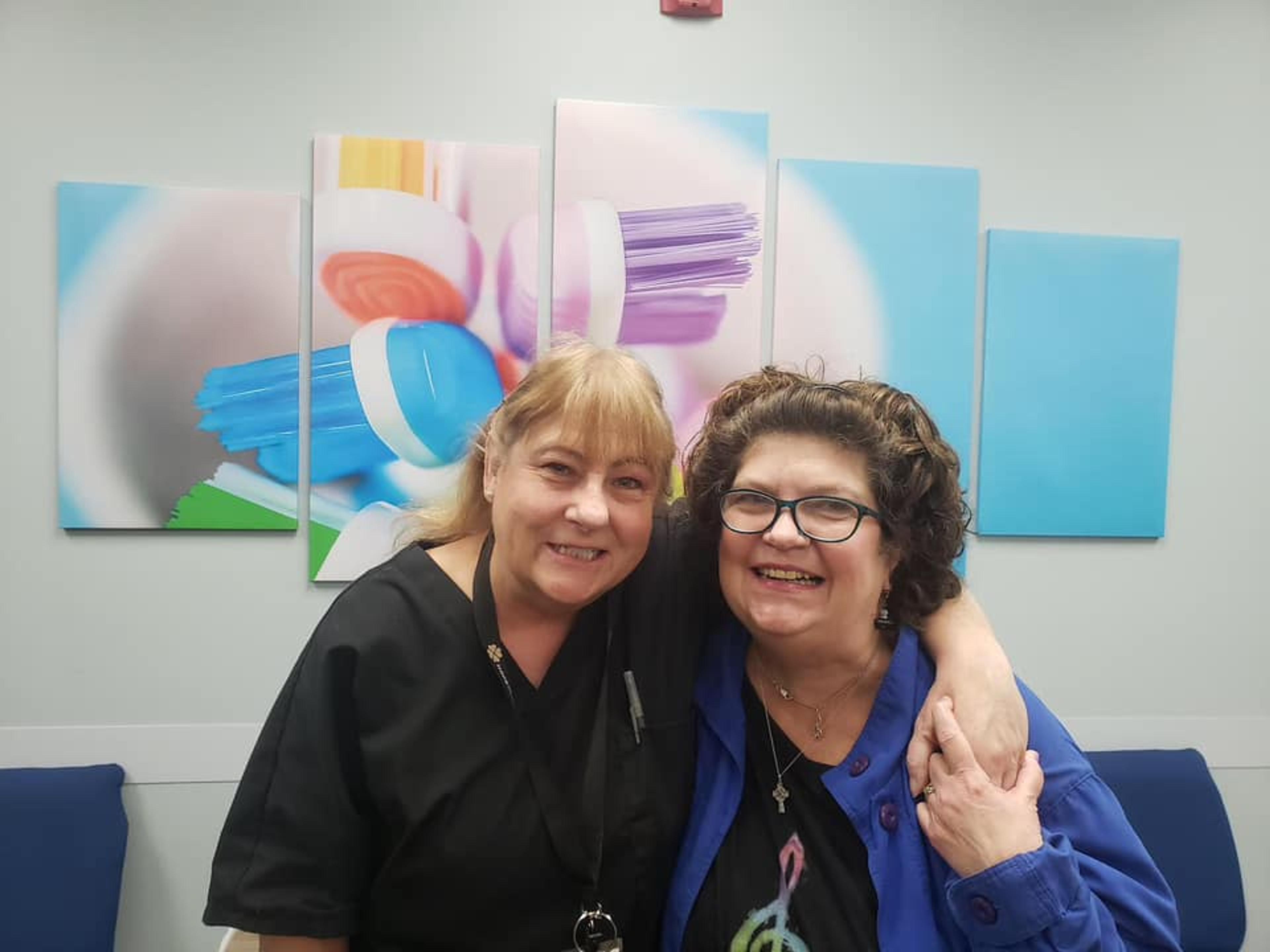Detroit, Dearborn-Area Nonprofits Strengthen Suicide Prevention Programs With Help From BCBSM Foundation
Jake Newby
| 5 min read
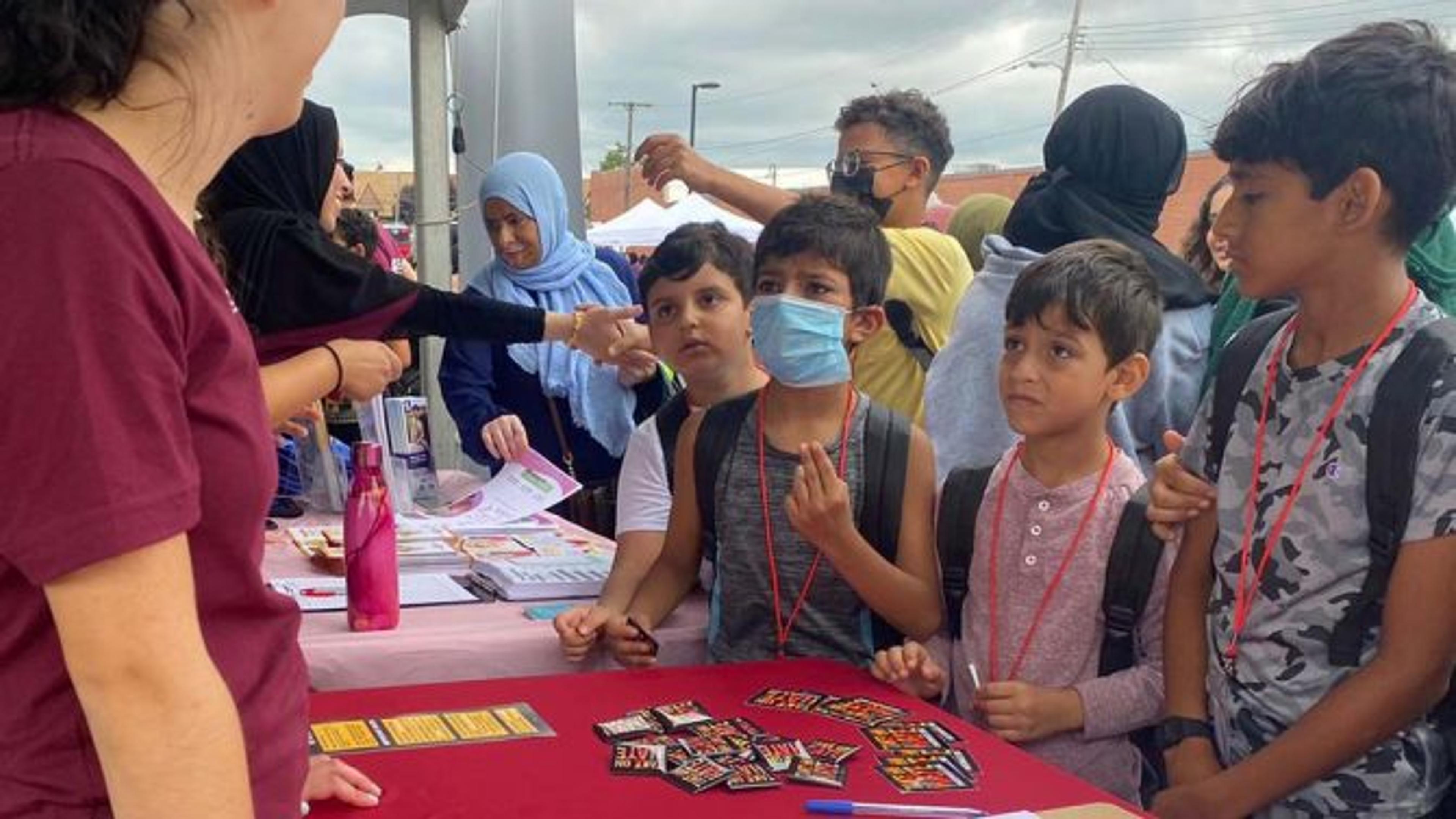
Suicide is a traumatic public health concern that is increasingly impacting people of all age groups, both nationally and across Michigan. The Centers for Disease Control and Prevention’s (CDC) National Center for Health Statistics shows a total of 7,133 deaths by suicide in Michigan from 2014 through 2018.
The CDC and the National Alliance on Mental Illness are consistent in stating that more than half of people who die by suicide do not have a known mental health condition, indicating that the unthinkable could be avoided in some cases if the person contemplating suicide could confide in some person or entity, or lean on a support system.
The Blue Cross Blue Shield of Michigan Foundation (BCBSM) and its funding partners aimed to help those kind of support systems grow and thrive by developing the "Suicide Prevention Support for Health Care Clinics Working with Michigan’s Health-Disparate Populations” program. This initiative provides resources for evidence-based suicide prevention programs in primary care, acute medical and behavioral health settings throughout Michigan.
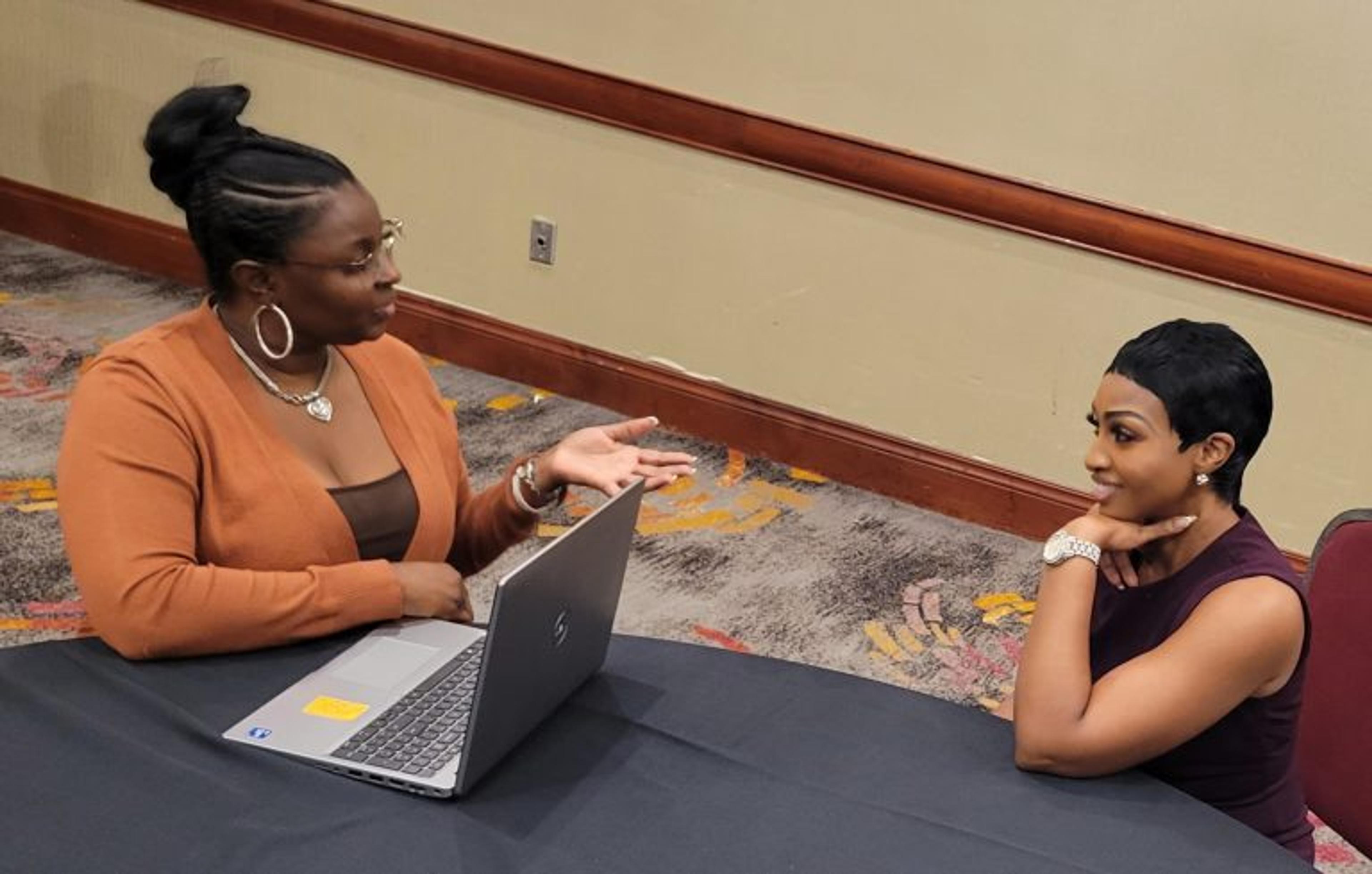
“Suicide is a complex issue that does not consistently correlate to mental health conditions,” said Audrey Harvey, executive director, and CEO of the BCBSM Foundation. “During the height of the pandemic, we all experienced rapid changes that impacted our mental health, including isolation, stress, and the loss of loved ones. We were thankful that the funding team collaborated to prevent suicide using evidence-based care at a time when it was profoundly needed."
Through this program, one-time grants were awarded to nine organizations and non-profit health care providers in 2020 that employ technology, systems, staff, and/or clinical processes to help decrease the rate of suicide attempts and deaths. Two of those were Black Family Development, Inc. (BFDI) and Arab Community Center for Economic and Social Services (ACCESS).
Black Family Development, Inc.
BFDI – which services Wayne County communities – is a private, non-profit comprehensive family counseling agency that devoted much of its $75,000 grant to internal training, received by both clinical and non-clinical staff members.
The goal of the training was to better equip both divisions of BFDI with the resources needed to reduce and prevent suicide in southeast Michigan. This included Question, Persuade, Refer (QPR) training; QPR is a national institute that strives to reduce suicidal behaviors and save lives by providing innovative, practical and proven suicide prevention training.
“Since implementing this work, it really elevated not only our knowledge about suicide prevention, but it elevated our actual ability to respond to individuals who may be at risk,” said Dr. LaTonya Shelton, BFDI’s chief operating officer. “We learned some things we could consistently implement to mitigate those risk factors.”
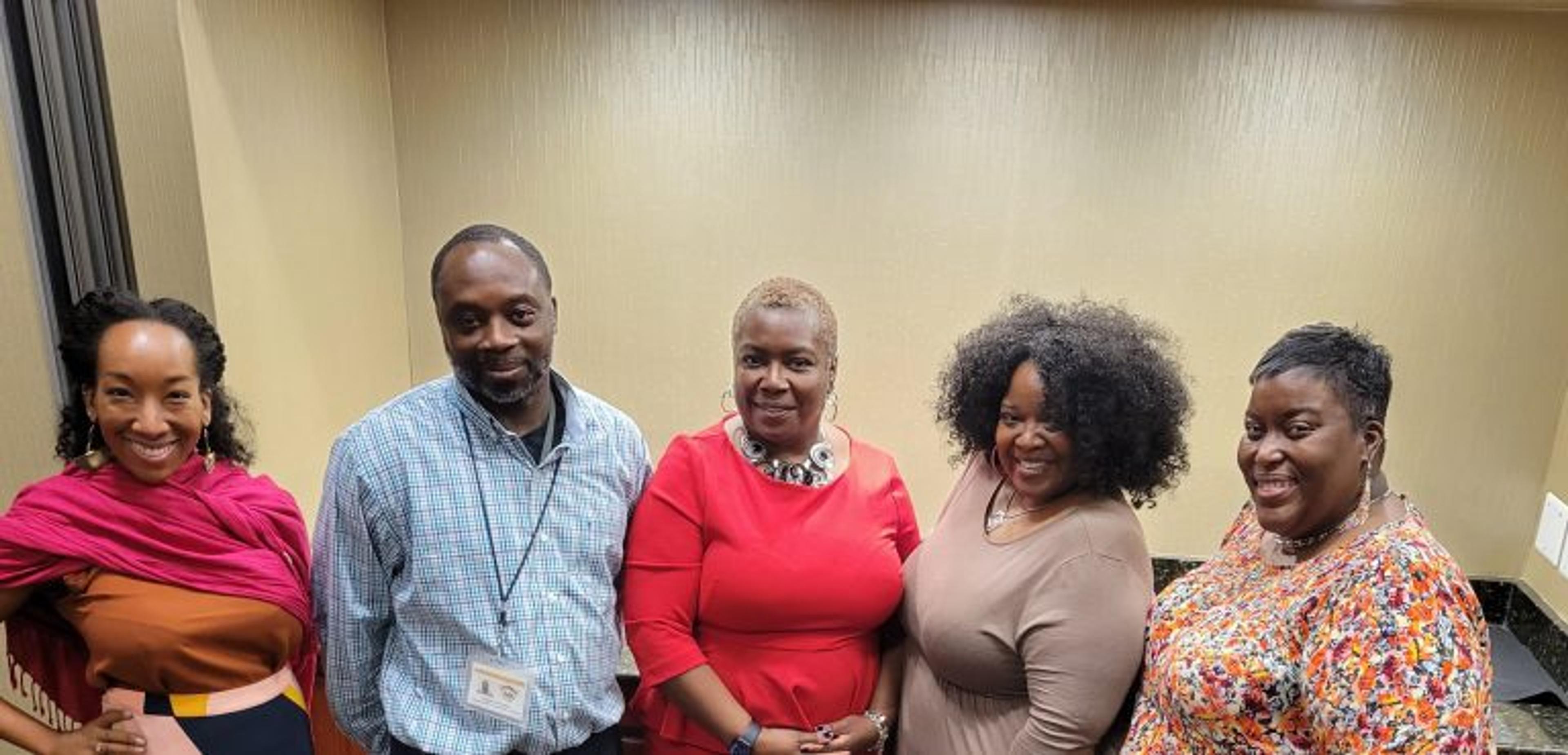
BFDI incorporated individuals with lived suicide experiences into its internal trainings. One was a youth peer support specialist/advocate, and the other was a parent support partner.
“In doing that, that taught us the importance of how to make a greater impact on the individuals that we try to help,” Shelton said. “Sometimes as professionals, we use a lot of professional jargon and a lot of professional language. But working with them, they helped us make things real. For instance, we were able to come up with a 90-second message. Sometimes, interventions don’t have to be long to connect a person to the support they need to prevent suicide.”
In addition to the message, BFDI devised social media campaigns consisting of short videos that spread awareness and encouraged those who needed support to seek it. “That really elevated the importance of including someone with lived experiences in this entire process,” she said.
ACCESS
ACCESS invested its $75,000 grant into health education. Specifically, suicide prevention presentations made to the Dearborn-area communities in Wayne County that the organization services.
“It also went to (public relations) training for all of our clinic and mental health staff,” said Assma Khatib, who is the child and adolescent health center supervisor for ACCESS.
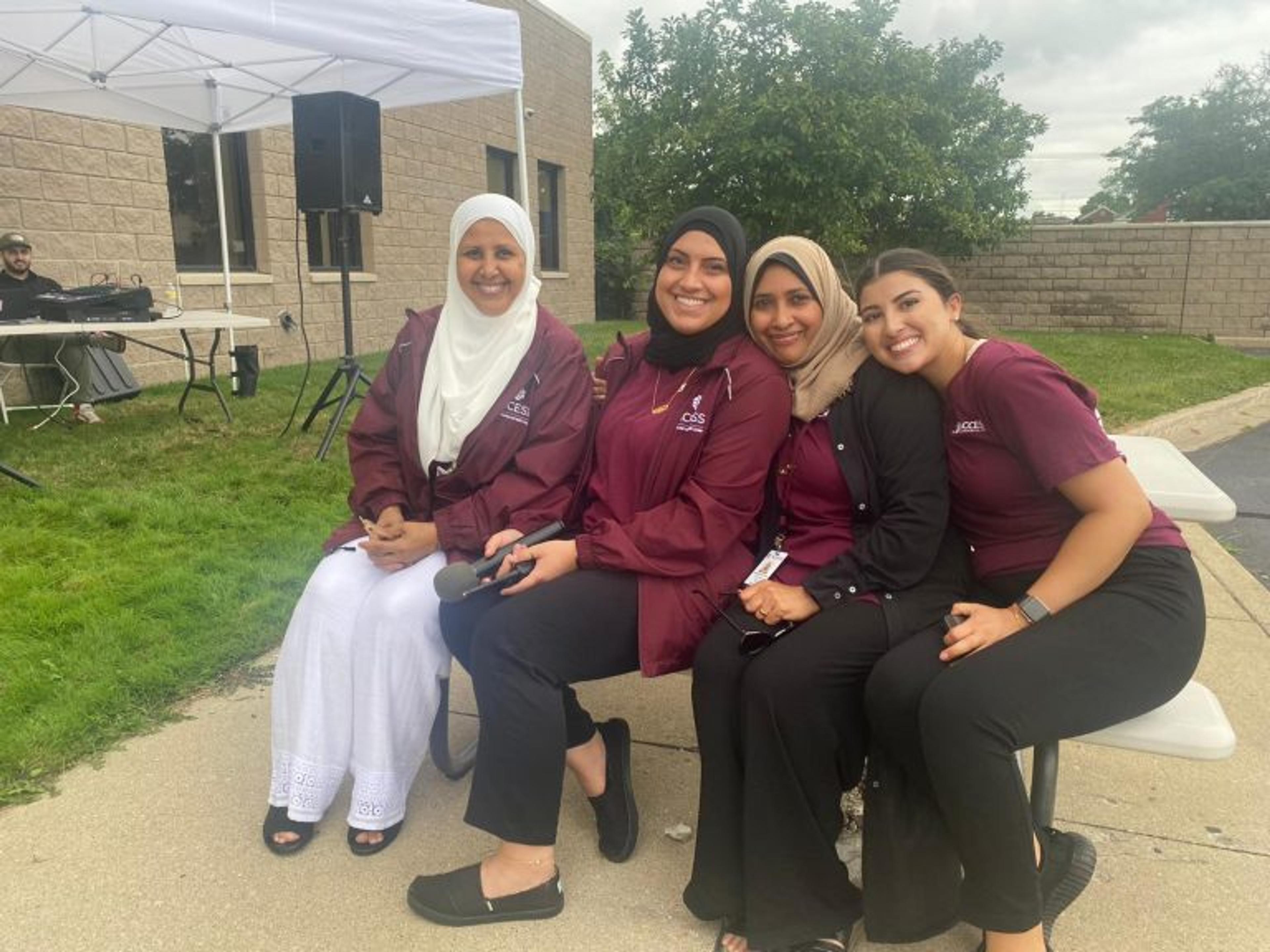
Khatib added that one member of the ACCESS staff was trained to be a QPR-trained Gatekeeper. That training teaches individuals to recognize the warning signs of suicide, learn how to offer hope and learn how to get help and save a life.
“That’s what (the grant) mostly went toward,” Khatib said. “And what’s nice about my program specifically – we do primary care and mental health – any child that’s under 21, if they don’t have insurance, we service them for free. So, what we did is take every single patient or client that came through our center and provided them with a Patient Health Questionnaire-9 (PHQ-9), which is a depression screening.”
Khatib said 2,013 patients were provided with a PHQ-9 at their initial appointment and 363 of those patients screened higher than a 10, which indicates moderate depression.
“Those who scored higher than a 10, if they agreed, we registered them right on site to obtain services,” Khatib said.
She added that 36 patients decreased their score by 3 or more points in a follow up PHQ-9. ACCESS – a nonprofit that strives to enable and empower individuals, families, and communities to lead informed, productive, and culturally sensitive lives – provided suicide prevention presentations via assemblies and small groups to students, parents, and teachers across the Dearborn public school system
Aided by the grant, Khatib estimates that 23,000 people were exposed to ACCESS suicide prevention training in 2021 alone.
“We wanted to make sure parents saw the same material as their kids, so that when kids went home, there’s a conversation starter,” she said. “They have something to talk about, parents are aware of signs and symptoms to look for. And the same things for students, and their teachers, too.”
“Suicide Prevention Support for Health Care Clinics Working with Michigan’s Health-Disparate Populations” is a collaborative funding partnership that included BCBSM Foundation, Blue Cross Blue Shield of Michigan Social Mission Department, Children’s Foundation, Ethel and James Flinn Foundation and the Michigan Health Endowment Fund.
More BCBSM Foundation stories:
- LAHC Expands Substance Abuse Prevention Education with Help from BCBSM Foundation
- Calvin University’s Women Supporting Women Program Reaches New Heights with Investigator-Initiated Research Award
- Michigan Organizations Addressing Hunger Through Food and Nutrition Insecurity Grant Funding for Better Food Access
Photo credit: BFDI, ACCESS


